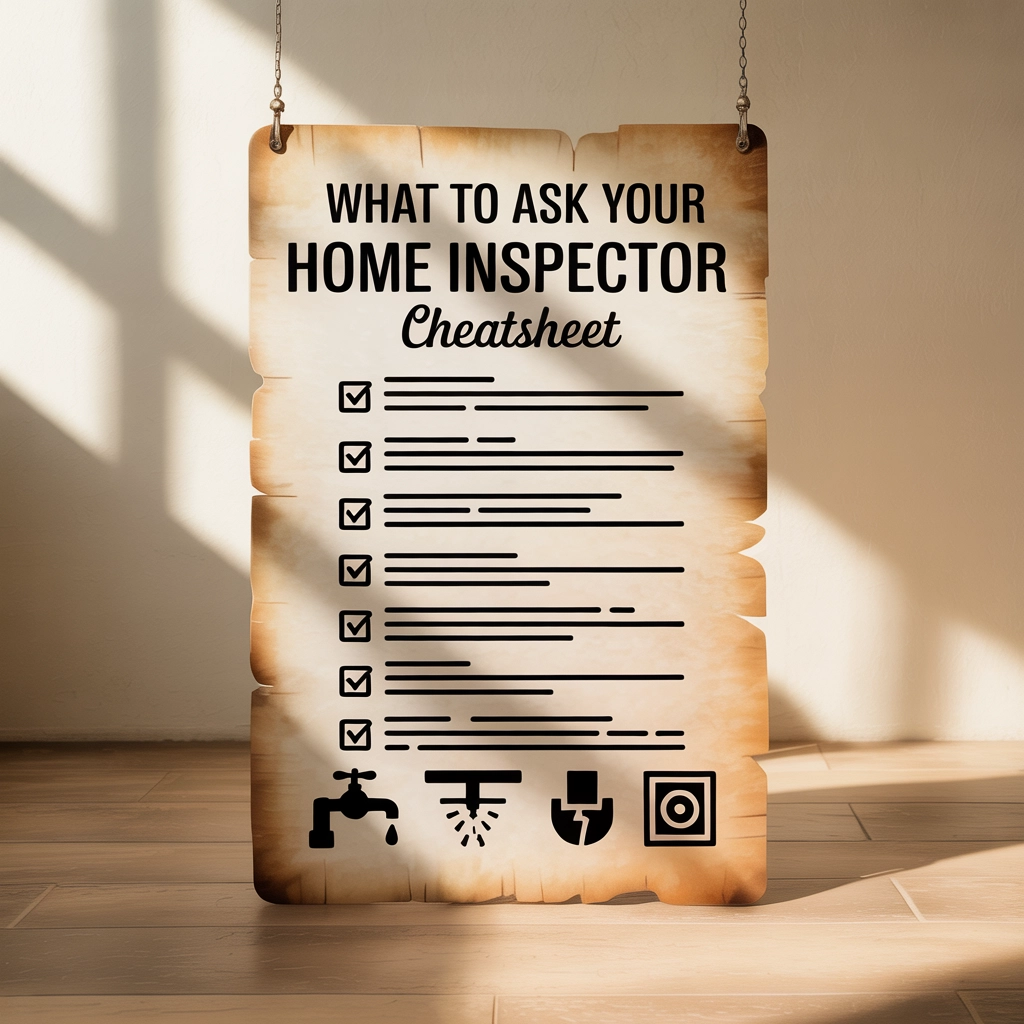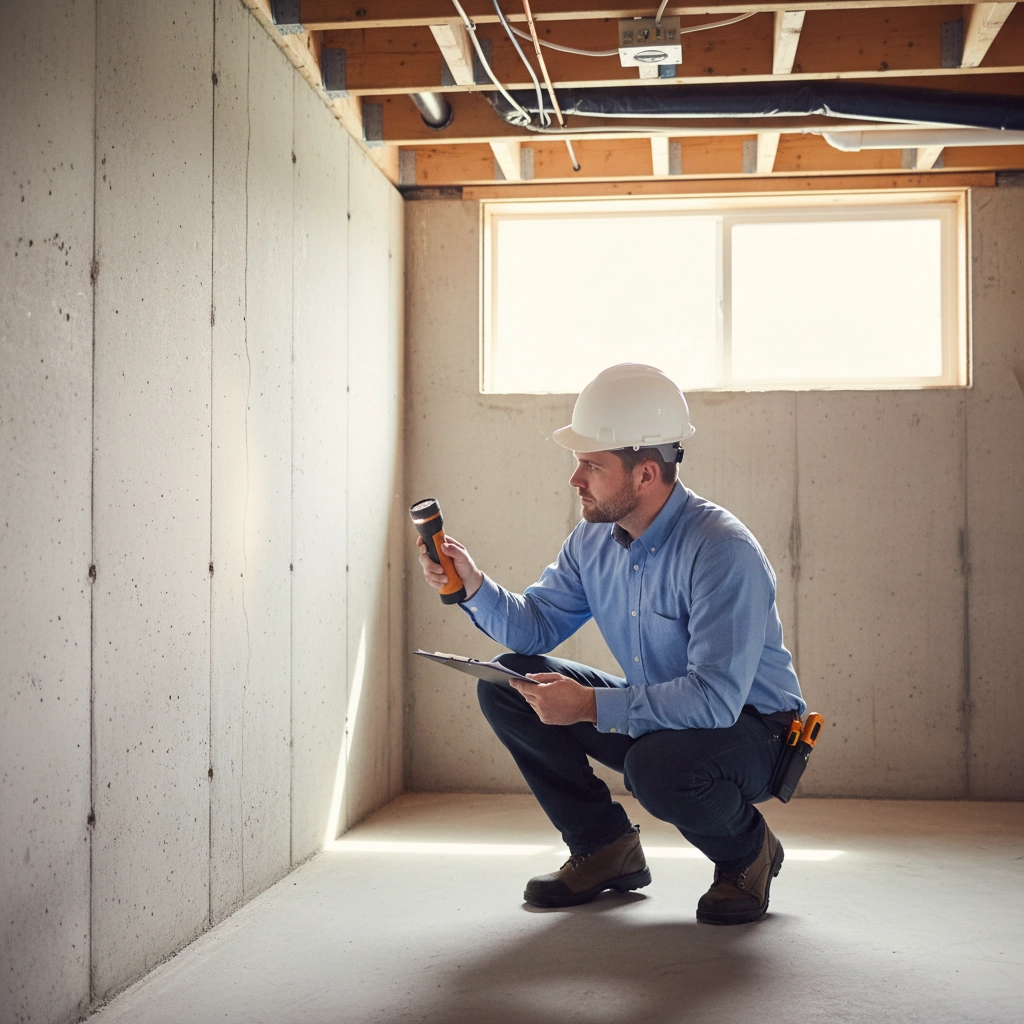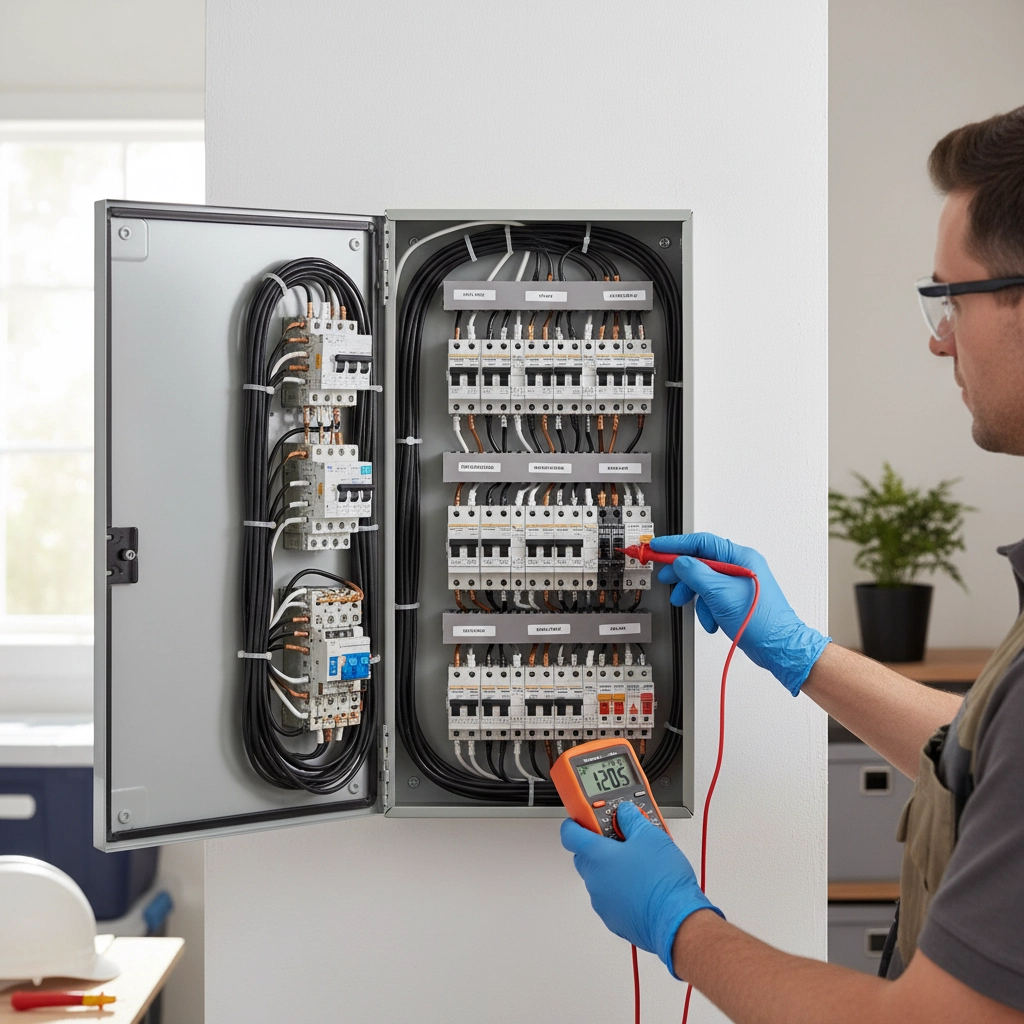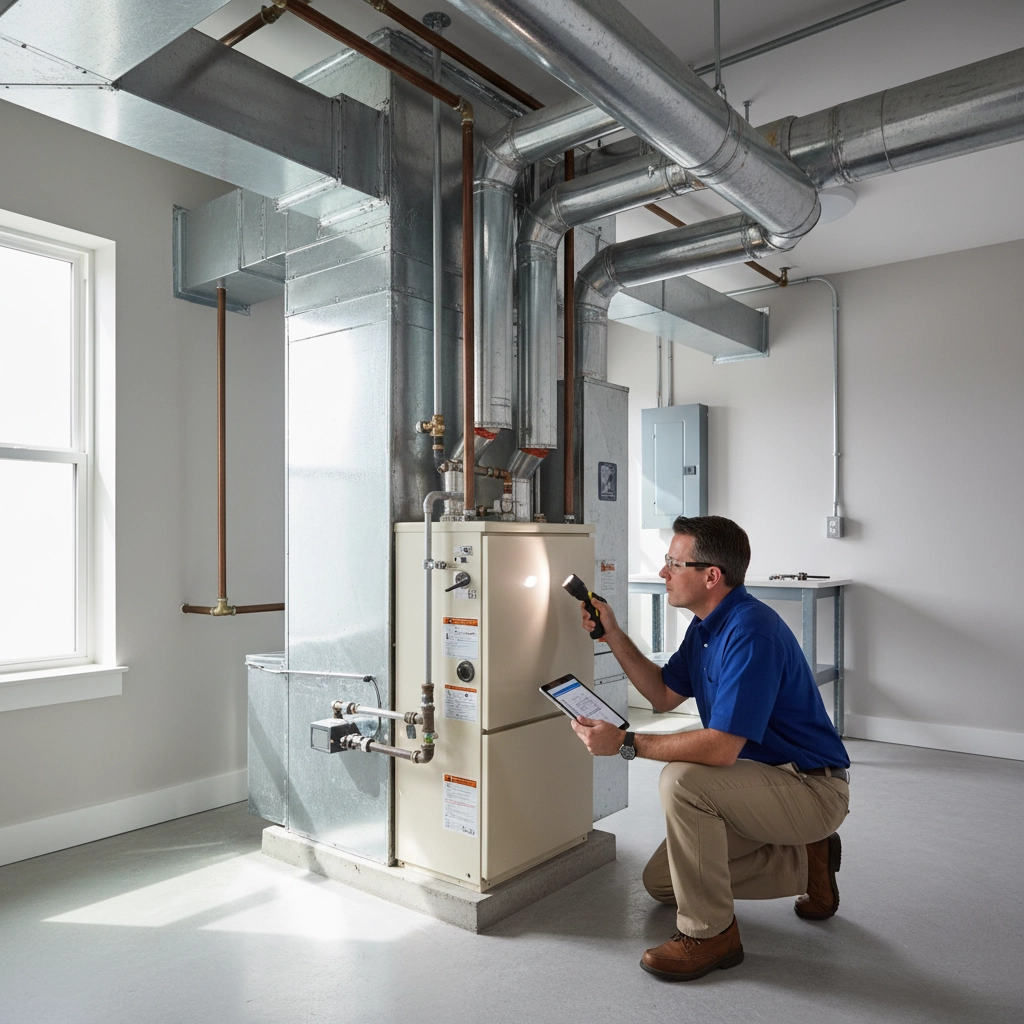WHAT TO ASK YOUR HOME INSPECTOR CHEATSHEET

Buying a home is probably the biggest investment you’ll make, and your home inspection is your chance to uncover any hidden issues before you sign on the dotted line. But here’s the thing – you can’t just show up and expect your inspector to magically find everything. You need to be prepared with the right questions.
Think of this as your ultimate cheatsheet. Print it out, save it to your phone, or just keep it handy during your inspection. These questions will help you get the most value out of your inspection and ensure you’re making an informed decision about your potential new home.
Before the Inspection Starts
“What’s your inspection process, and how long will it take?”
Understanding the timeline helps you plan your day and ensures the inspector isn’t rushing through important areas.
“Can I follow you during the inspection?”
Most inspectors welcome your presence – it’s your chance to learn about your potential home firsthand.
“What areas will you be unable to access?”
Locked areas, blocked access panels, or dangerous conditions might prevent a complete inspection. You need to know what’s been missed.
“Will you be going on the roof, or inspecting from the ground?”
Weather, roof height, or safety concerns might limit roof access. This affects what can be discovered about your roof’s condition.
Structural and Foundation Questions

“Are there any foundation cracks, and should I be concerned?”
Small settling cracks are normal, but large or growing cracks could indicate serious structural problems.
“Is the foundation properly anchored to the structure?”
Missing or inadequate anchor bolts can be a major safety issue, especially in areas prone to high winds or earthquakes.
“Do you see any signs of structural settling or movement?”
Doors that don’t close properly, cracks in walls, or sloping floors could indicate foundation issues.
“Are there any signs of wood-destroying insects or damage?”
Termites, carpenter ants, and other pests can cause expensive structural damage that isn’t always visible.
“Is the structural wood in good condition?”
Look for sagging beams, rot, or other damage that could affect the home’s integrity.
Electrical System Deep Dive
“Is the electrical panel adequate for this home’s needs?”
Older homes might have panels that can’t handle modern electrical demands, requiring expensive upgrades.
“Are there any safety hazards with the electrical system?”
This includes everything from outdated wiring to overloaded circuits or improperly installed fixtures.
“Do all GFCI outlets work properly?”
These safety devices should be present in bathrooms, kitchens, garages, and outdoor areas.
“Are there any code violations I should know about?”
Some violations are minor, others could require immediate attention or affect your insurance.
“When was the electrical system last updated?”
Homes with original wiring from the 1960s or earlier often need significant updates.

Plumbing System Essentials
“What’s the condition of the main water line and sewer connection?”
These aren’t always inspected, but problems here can be extremely expensive to fix.
“Are there any signs of water leaks or damage?”
Hidden leaks can cause mold, structural damage, and sky-high water bills.
“How’s the water pressure throughout the house?”
Poor pressure could indicate pipe problems, while too much pressure can damage appliances and fixtures.
“What type of pipes does this home have?”
Some older pipe materials like polybutylene or galvanized steel are prone to problems and may need replacement.
“Is the water heater properly sized and in good condition?”
An inadequate or failing water heater means cold showers and potential replacement costs.
“Are there any drainage issues?”
Slow drains or standing water could indicate blockages or more serious sewer problems.
HVAC System Performance
“How old is the HVAC system, and when was it last serviced?”
Systems typically last 15-25 years, and regular maintenance affects both performance and lifespan.
“Are there any issues with heating or cooling distribution?”
Hot and cold spots in the house could indicate ductwork problems or system sizing issues.
“Is the ductwork properly sealed and insulated?”
Leaky ducts waste energy and money, while poorly insulated ducts reduce efficiency.
“Are the air filters clean, and what type should I use?”
Dirty filters reduce efficiency and indoor air quality.
“Do you see any signs of carbon monoxide risks?”
This is especially important with gas appliances – carbon monoxide leaks can be deadly.

Roof and Exterior Assessment
“What’s the overall condition of the roof?”
Even minor roof issues can lead to major water damage if not addressed quickly.
“Are there any missing or damaged shingles?”
Individual shingle problems are usually easy fixes, but widespread damage might indicate the need for replacement.
“How are the gutters and downspouts?”
Poor drainage can cause foundation problems and water damage.
“Is the exterior siding in good condition?”
Damaged siding can let moisture into the walls, causing expensive problems.
“Are there any issues with windows and doors?”
Problems here affect energy efficiency, security, and comfort.
Interior Systems and Safety
“Do all windows and doors operate properly?”
Sticky doors and windows might seem minor but can indicate foundation movement or frame problems.
“Are there any moisture or ventilation issues?”
Poor ventilation can lead to mold problems and indoor air quality issues.
“Do smoke and carbon monoxide detectors work?”
These are critical safety devices – make sure they’re present and functional.
“Is there adequate insulation throughout the house?”
Poor insulation means higher energy bills and comfort problems.
“Are there any electrical or plumbing fixtures that need attention?”
Sometimes minor fixes now prevent major problems later.
The Money Questions
“Which issues should I prioritize if I buy this home?”
Your inspector can help you understand which problems are urgent versus those you can address over time.
“Are there any safety hazards that need immediate attention?”
Some problems can’t wait – you need to know what requires immediate action.
“What would you estimate these repairs might cost?”
While inspectors aren’t contractors, experienced ones can give you ballpark figures to help with negotiations.
“Should I get any specialist inspections?”
Sometimes you need a roofer, electrician, or structural engineer to take a closer look at specific issues.
Final Follow-Up Questions
“Can you explain anything I don’t understand?”
Don’t be embarrassed to ask for clarification – this is your chance to learn about your potential home.
“Will you be available after the inspection for follow-up questions?”
Most good inspectors are happy to answer questions that come up after you’ve had time to review their report.
“What should I expect in the written report, and when will I receive it?”
Understanding the report format and timeline helps you plan your next steps.
Remember, a good home inspector wants you to ask questions. They’re there to help you make an informed decision, not to simply check boxes on a form. Don’t hold back – this is your opportunity to learn everything you can about your potential new home.
The key is being prepared with the right questions and understanding that no home is perfect. What matters is knowing which issues you’re comfortable dealing with and which ones might be deal-breakers. Use this cheatsheet to make sure you’re getting the most value from your home inspection investment.
